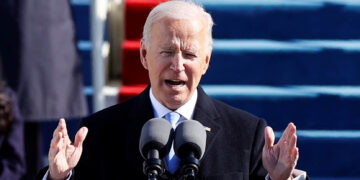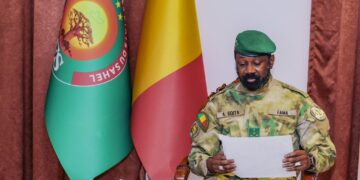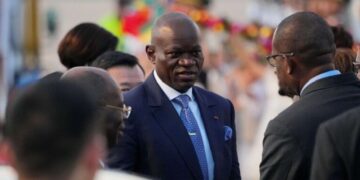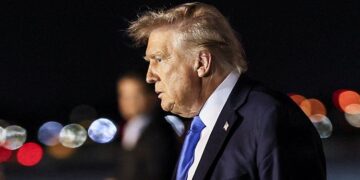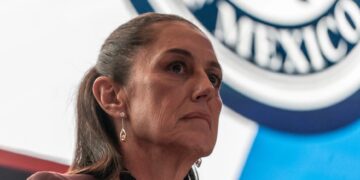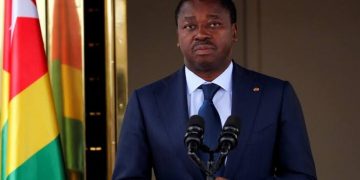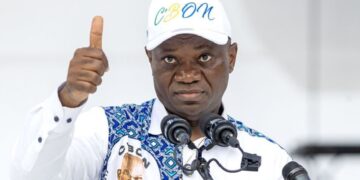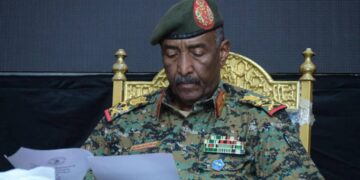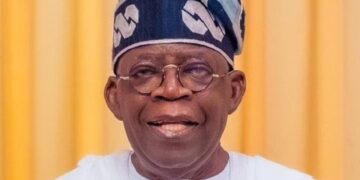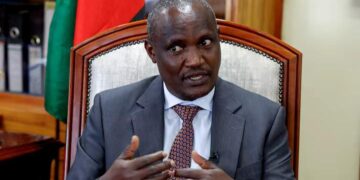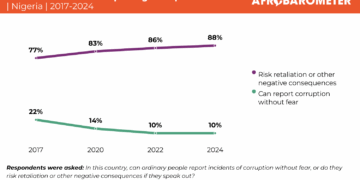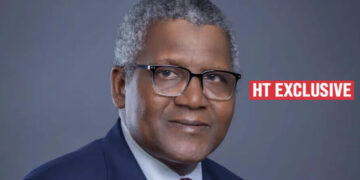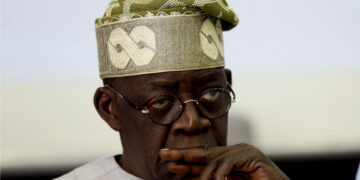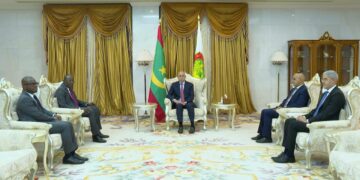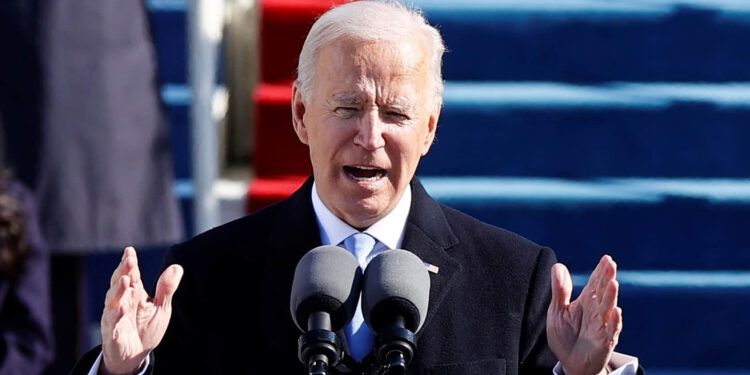By John Ikani
U.S. President, Joe Biden said he stands “squarely” behind his decision to withdraw U.S. military forces from Afghanistan in his first public comments since the Taliban took full control of the South Asian country.
In a national address called by the White House in the hours after Kabul fell to the Taliban, Biden said he stood firmly by his decision and argued that he was faced with a choice to either followthrough with the drawdown or escalate the conflict into its third decade and ultimately sacrifice more American lives.
“I stand squarely behind my decision,” Biden said. “After 20 years, I’ve learned the hard way that there was never a good time to withdraw U.S. forces. That’s why we’re still there.”
According to him, the U.S. mission in Afghanistan “was never supposed to be nation building” adding that the terrorism threat that brought the U.S. military to the country has spread well beyond Afghanistan to other nations.
He acknowledged that the Taliban’s victories across Afghanistan unfolded “more quickly than we anticipated.”
Speaking on the rapid collapse of Afghanistan’s US-supported government, Biden said in many cases, the country’s civilian and military forces simply “gave up” rather than resisting a Taliban takeover.
“The truth is, this did unfold more quickly than we had anticipated,” the president admitted.
But, he asserted, “we gave them every tool they need” to resist the Taliban.
He further stressed that it is wrong to order American troops to engage in further fighting when Afghanistan’s troops were not willing to do so.
“If anything,” he said, “the developments of the past week reinforce” his decision to withdraw troops from Afghanistan.
Biden has consistently defended his decision to pull all U.S. troops from the country by August 31.
“One more year, or five more years, of U.S. military presence would not have made a difference if the Afghan military cannot or will not hold its own country,” Biden said in a statement on Saturday.
“And an endless American presence in the middle of another country’s civil conflict was not acceptable to me,” he added.
